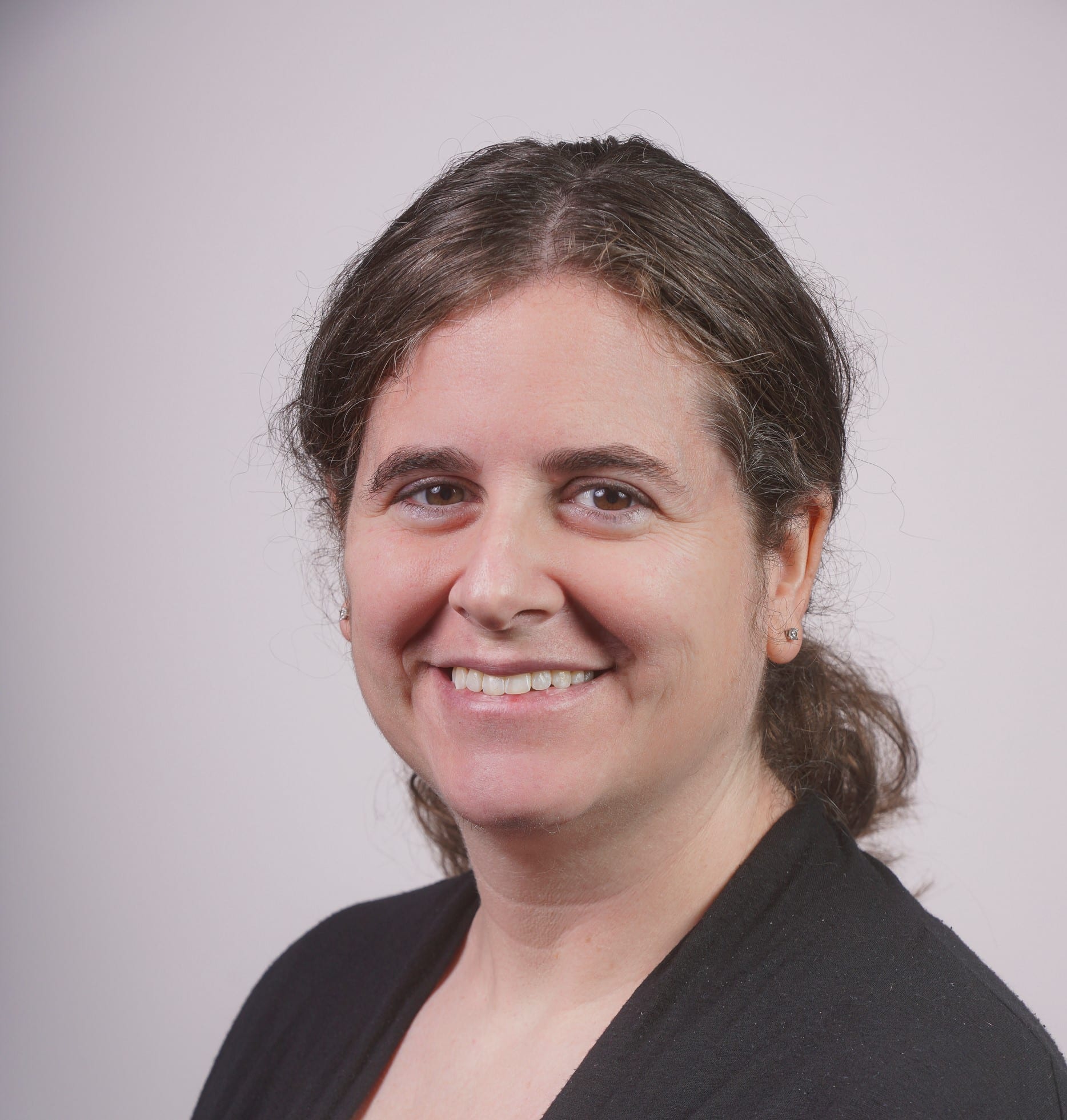Jodi B. Yellin, PhD, is the Director of Science Policy at the Association of American Medical Colleges (AAMC). Yellin is joining the QB3-Berkeley Professionals in Residence (PIR) program on January 14. She spoke with graduate student Christopher Jackson about her work supporting biomedical research and workforce training, particularly in light of COVID-19, and opportunities for early career researchers to translate their skills outside of the lab.

To join Yellin’s virtual PIR visit, please register here.
Christopher Jackson: The AAMC serves as the voice of academic medicine, advocating on behalf of medical schools and teaching hospitals. How exactly do you conduct this advocacy, particularly around AAMC’s priority areas of medical education and research?
Jodi Yellin: AAMC staff in our Office of Government Relations and staff partners across AAMC advocate on behalf of our members in our mission areas of medical research, medical education, health care, and community collaborations. We also engage the federal relations staff at medical schools, teaching hospitals, and academic societies and other constituents in the mission areas around our priorities. The AAMC reaches out to the administration and lawmakers, meets with federal agency staff, comments on existing and proposed policies and initiatives, and provides resources to our members.
CJ: Your particular focus at AAMC is on biomedical research training and the research workforce. What are the key policies you would like to see implemented to improve the experiences of students and early career professionals entering these areas?
JY: Three research training and workforce priority areas include the need to give PhDs and postdoctoral researchers exposure to multiple career options through career development during their graduate and postdoctoral training; to commit to a high-quality trainee-centered training experience; and to increase diversity, equity, and inclusion the biomedical research workforce. The AAMC advocates for the importance of these priorities by providing a forum for faculty and staff at our member-institutions to share effective practices and providing a voice to these issues when communicating with partners at government agencies and other associations.
CJ: What do you think is the most critical or exciting work that AAMC is doing now?
JY: Many of AAMC’s constituents are on the front-line of the COVID-19 pandemic, caring for patients and involved in the research to facilitate the development of the vaccines and treatments. The AAMC has had an important role in bringing together our community to face the challenges of the pandemic as well as to provide a voice for the physician and scientific community.
CJ: COVID-19 is placing an unprecedented strain on both our healthcare and biomedical research workforce. What policy solutions do you foresee both in the near- and long-term to address this issue?
JY: One of my biggest concerns during this time is the disproportionate impact on women researchers who are more likely to be the primary caregivers of children and other dependents. I’m also concerned about the impact on current trainees, in particular, late stage postdoctoral researchers, that are looking to transition into their next career stage, including academic faculty careers. Similarly, we must support PhD students who may have more limited opportunities to get lab experience and early-career researchers that are trying to launch their careers during this difficult time. Institutions and funders must work together to find solutions to these issues so that academic research careers remain attractive and medical research training programs continue to attract bright and diverse students and postdoctoral researchers.
CJ: How did you translate the skills you developed during your PhD at Yale University to your current work at AAMC?
JY: Many of the skills that you learn during your research training can be applied to multiple careers: analytical thinking and problem-solving, time management, communication and resilience. These skills are attractive to employers and will be beneficial to you as you embark on your careers.
CJ: Looking back, what advice would you give to your younger self as you were completing your PhD and embarking on your career?
JY: Explore the experiences and people that you have access to as a graduate student and postdoctoral researcher. Learn about the variety of careers within academia itself and beyond. Start early.
Jodi B. Yellin, Ph.D., is a Director of Science Policy at the Association of American Medical Colleges (AAMC). Jodi is responsible for the AAMC’s policy agenda focusing on biomedical research training and the research workforce. She also serves as a liaison to the AAMC Group on Research, Education, and Training (GREAT), a professional development group that serves the interests of nearly 600 medical school graduate deans, program directors and administrators that have responsibility for biomedical PhD, MD-PhD, and postdoctoral training. She earned a PhD in Molecular Biophysics and Biochemistry at Yale University and a SB in Chemistry from MIT.
Christopher Jackson is a graduate student in the Landry Lab at QB3-Berkeley, where his research focuses on using nanomaterial tools to study biological systems. He currently leads both the Science Policy Group at Berkeley and the Berkeley Energy & Resources Collaborative and serves as an editor for the Berkeley Science Review.